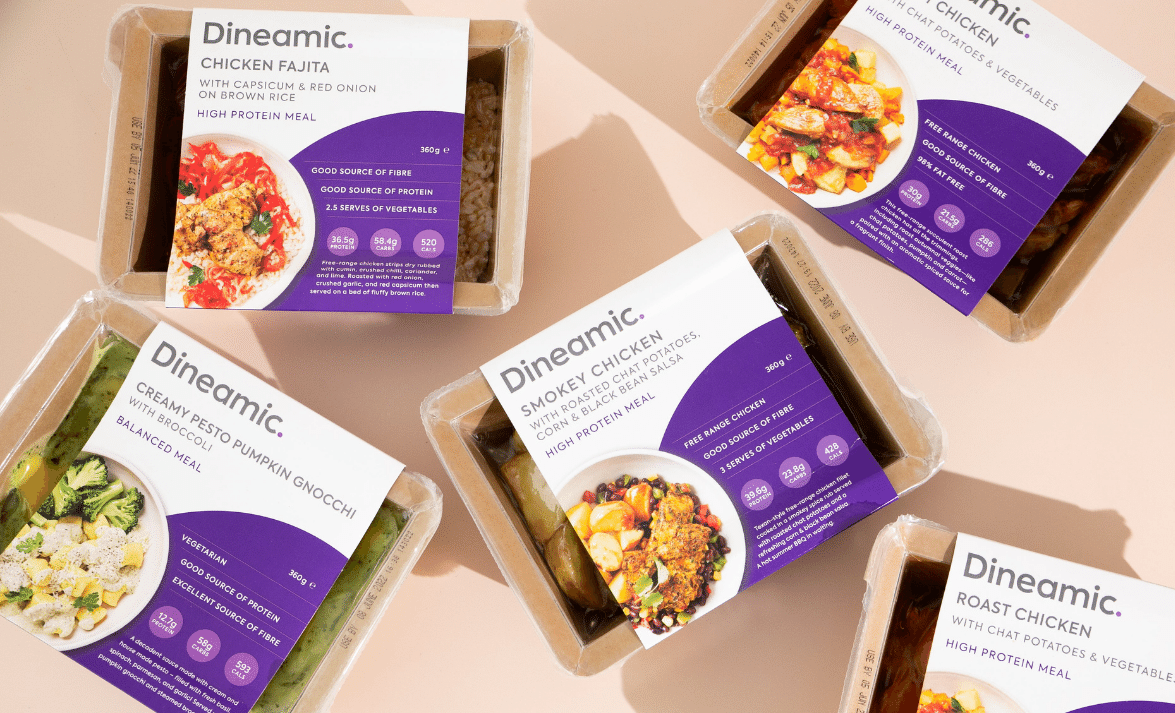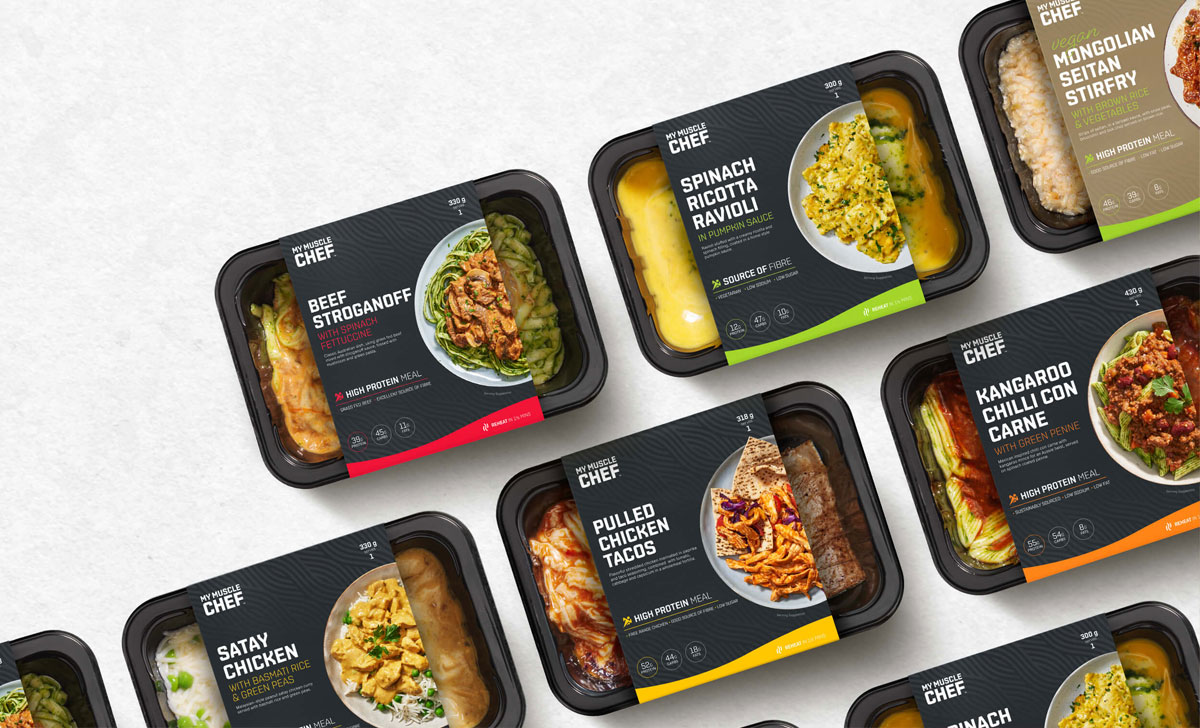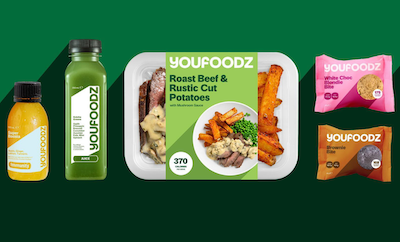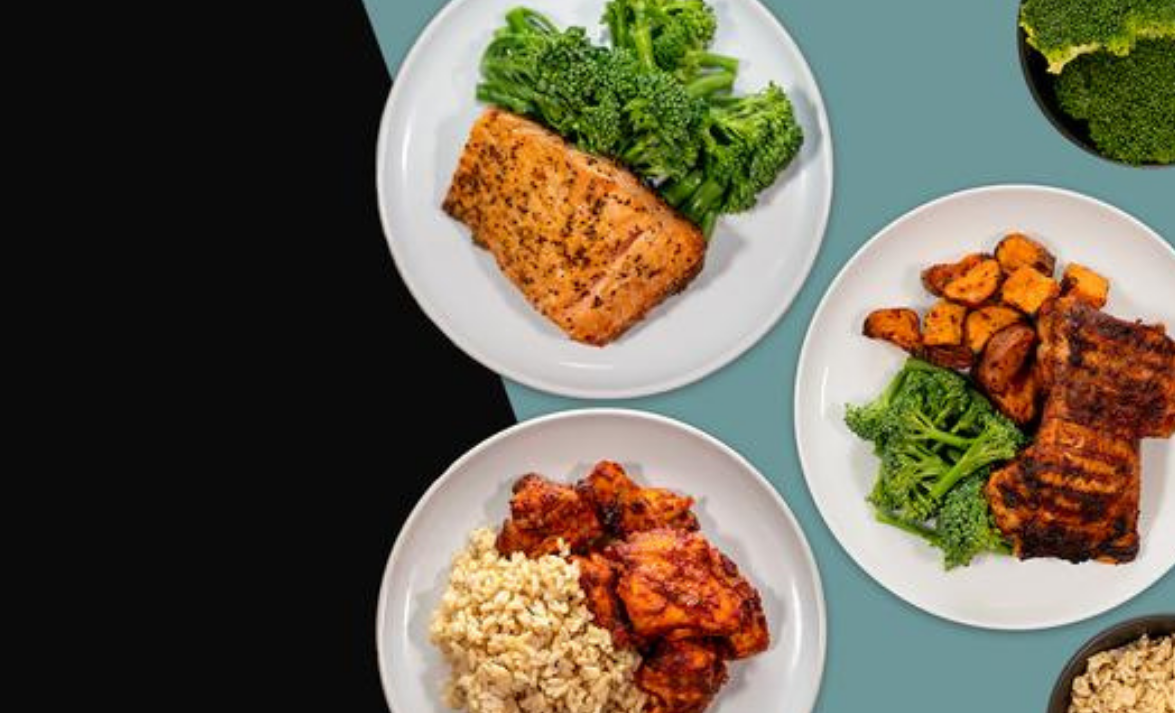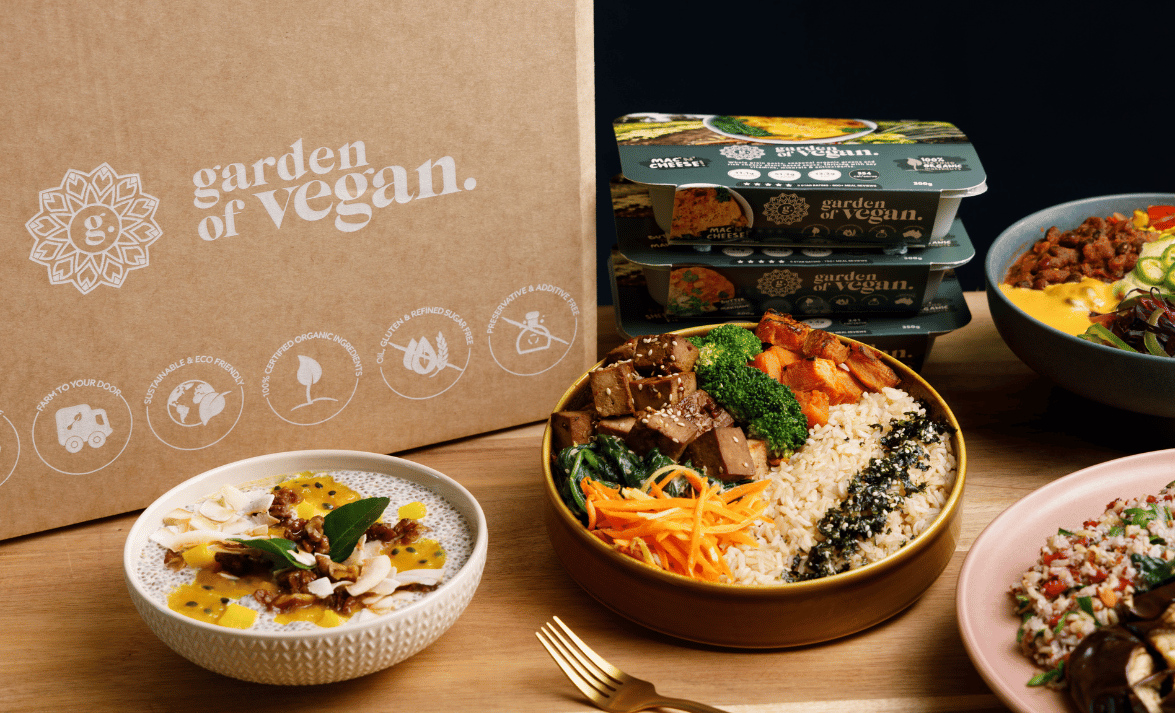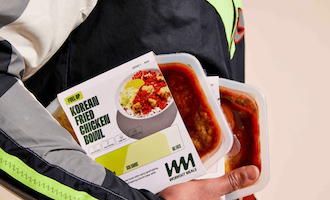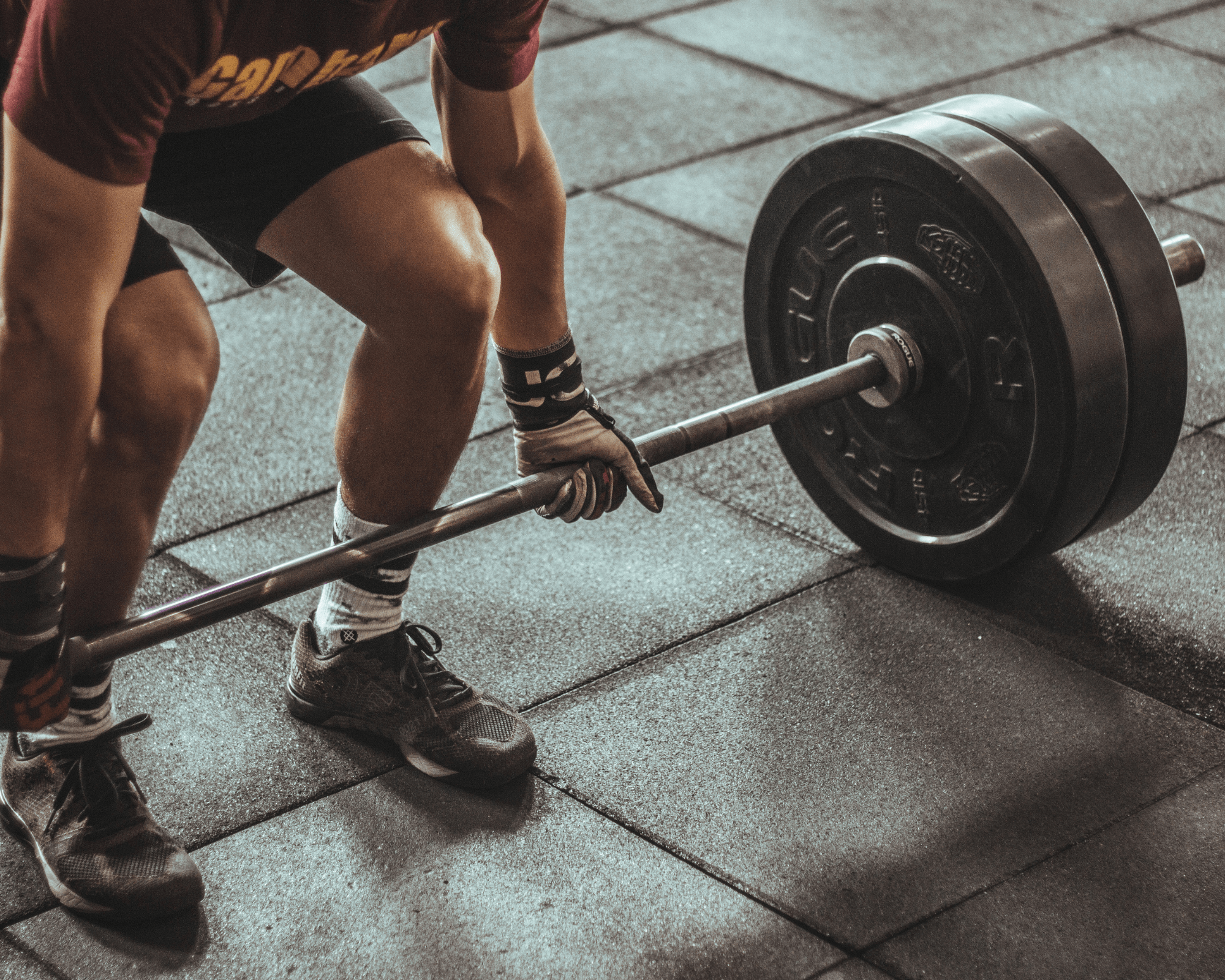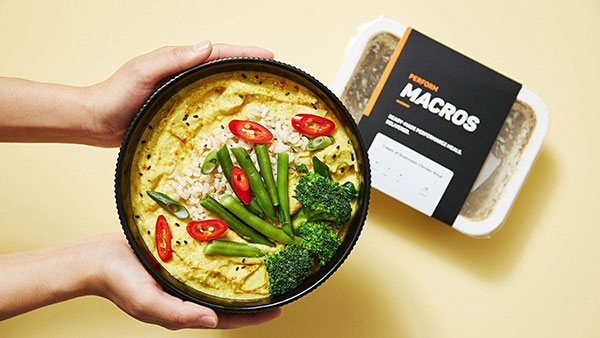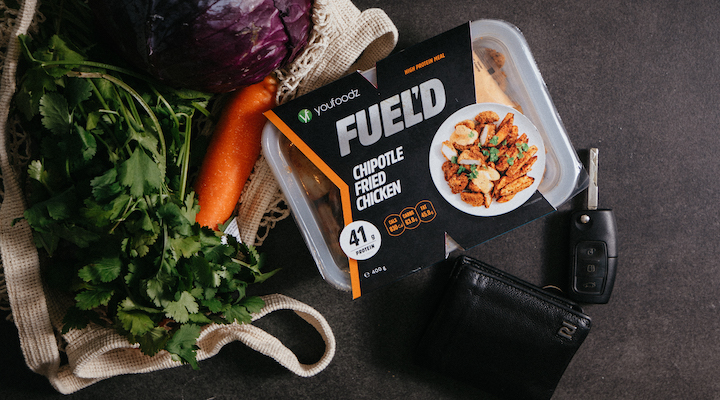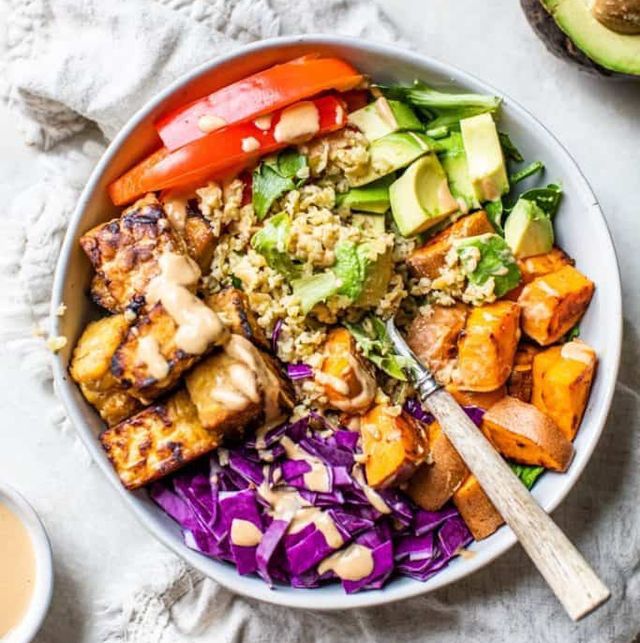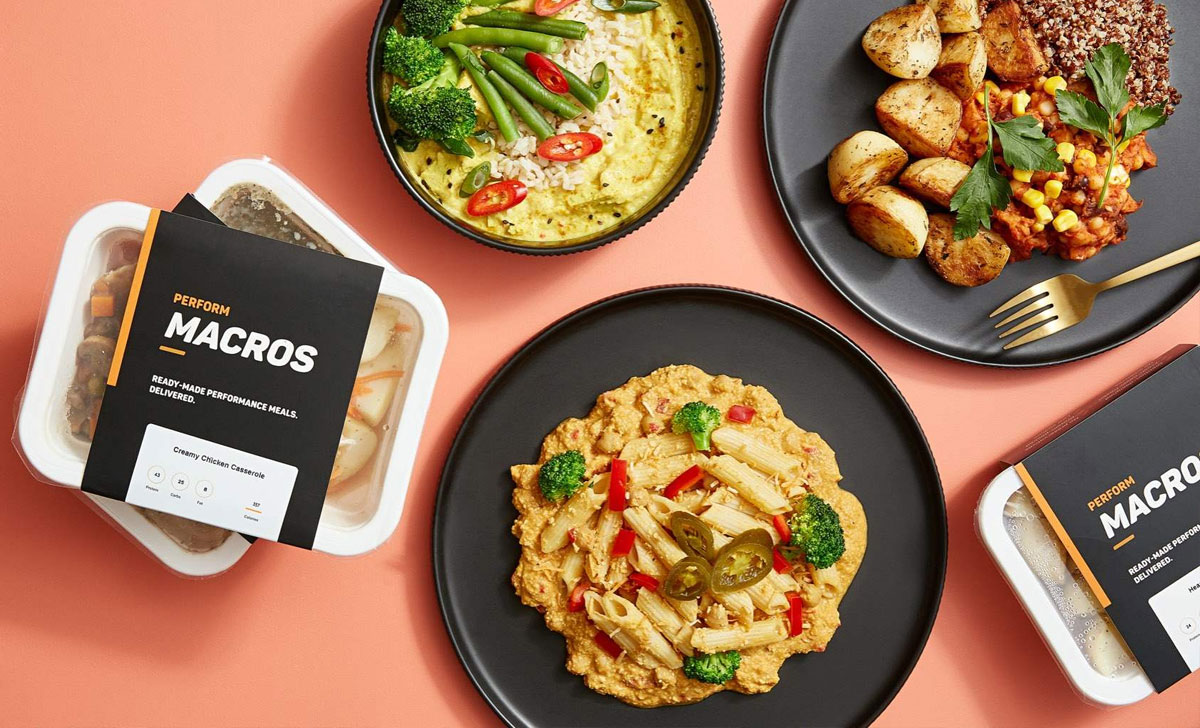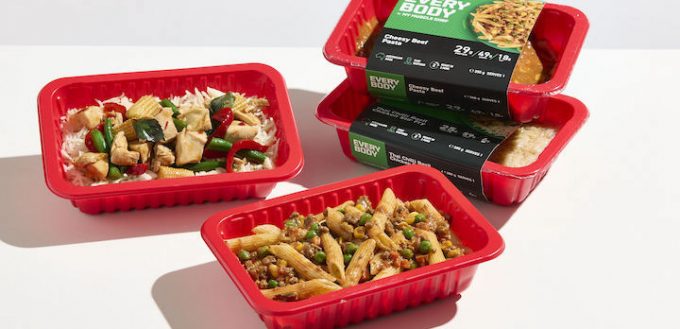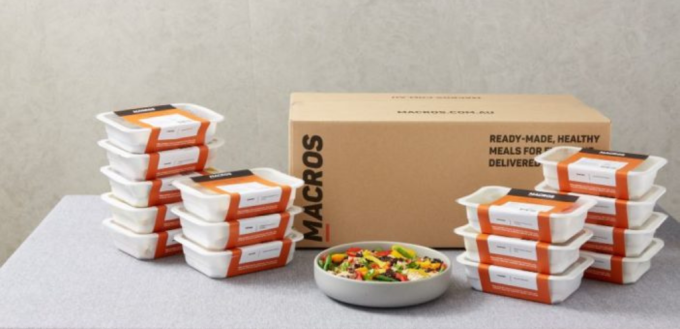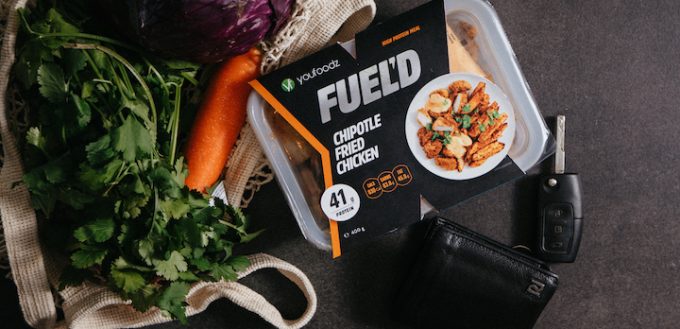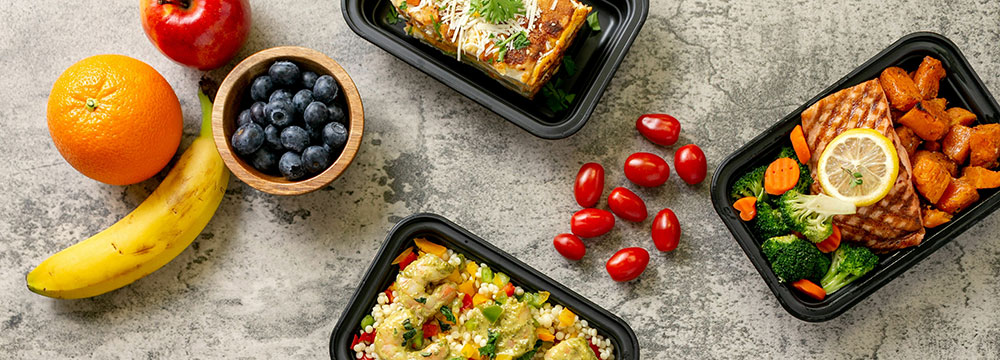- Meal Delivery
Shop by Category
TOP PROVIDERS
POPULAR SEARCHES
Meal Finder Tool

Use our meal finder quiz to find the best meal delivery service for you.
- Vitamin & Supplements
- Deals
- About
- Blog
Bodybuilding Meals
Bodybuilding Meals
We’ve gathered Australia’s best bodybuilding meals and compared providers to provide insights into your next meal service! We’ve sourced the information needed to compare muscle building meals and help you find the right meal provider for you and your muscle building goals.
Get personalised meal recommendations
Compare Bodybuilding Meals
Advertiser Discolure Advertiser DiscolureDineamic is a carbon neutral company that sources local ingredients to create delicious, ready-made meals. Dineamic offers a selection of …
NSW, VIC, QLD, SA, WA, TAS
$11.50/serve
Save up to $120 on your first 6 orders! Get Deal
My Muscle Chef allows you to choose and personalise 3 different meals plans that align with your nutrition goals. The …
NSW, VIC, ACT, QLD, SA, WA
$8.85/serve
Up to $200 off your first 5 boxes! Get Deal
As of November 2023, Youfoodz Muscle Builder Meals can now be classified under the Youfoodz High Protein meal range or FUEL’D meal …
NSW, VIC, ACT, QLD, NT, SA, WA, TAS
$9.95/serve
Save $150 Across 5 orders! Get Deal
MACROS Gain Plan is one of the MACROS Fitness plan options and includes single-serve meals calorie-loaded and packed with carbs …
NSW, VIC, ACT, QLD, SA, WA, TAS
$11.67/serve
Athlete’s Nutrition focuses on fueling elite Australian athletes with healthy chef-prepared meals that are nutritionally balanced, calorie controlled and high …
NSW, VIC, ACT, QLD
$10.95/serve
$100 OFF YOUR FIRST 4 ORDERS! Get Deal
Garden of Goodness, formerly Garden of Vegan, provides 100% certified organic, whole-food, gluten and oil-free, fully vegan meals. The Increase …
NSW, VIC, ACT, QLD, SA, TAS
$14.95/serve
Workout Meals are designed for time-poor, healthy & fitness-focused individuals. Each meal has been created by certified nutritionists and chefs …
NSW, VIC, ACT, QLD, SA
$12.90/serve

